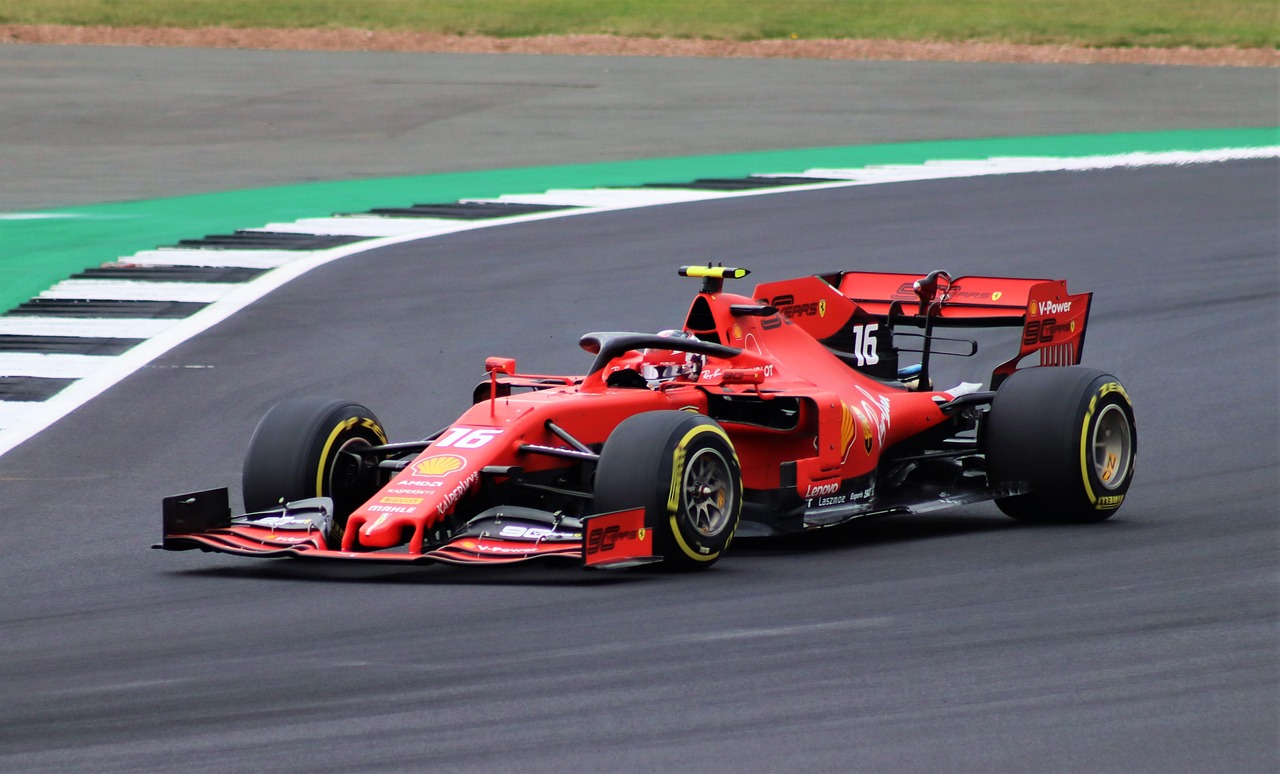
George Russell’s remarkable drive at Spa-Francorchamps, which initially earned him his third career Formula 1 Grand Prix victory, was ultimately overturned due to a technical infraction involving the car’s weight. The decision came more than an hour after the race concluded, when the FIA technical delegate, Jo Bauer, flagged a violation of the sport’s minimum weight regulation.
Russell’s one-stop strategy had propelled him ahead of teammate Lewis Hamilton in the closing stages, seemingly sealing an unexpected win after Hamilton had dominated most of the race. However, Article 4.1 of the FIA’s Technical Regulations stipulates that a car must not weigh less than 798 kilograms at any point during a competition—excluding fuel.
Initially, Russell’s car appeared to meet this requirement, registering exactly 798kg during the post-race check. But as per the rules, further steps had to be taken. The car still needed to comply with Article 6.5.2, which mandates that teams must be able to provide a 1.0-liter fuel sample at any time during the race weekend.
According to the regulations, after any session—including the race—if a car doesn’t return to the pits under its own power, it must be able to provide both the mandatory 1.0-liter sample and an additional amount of fuel equal to what would’ve been used to drive back. This second part of the rule wasn’t applicable in this case, but the 1.0-liter requirement was.
To comply, Mercedes drained 2.8 liters of fuel from Russell’s car. However, the process triggered concerns. The FIA determined that the car was “not fully drained according to the draining procedure submitted by the team in their legality documents,” despite fulfilling the fuel sample requirement.
What raised red flags was what happened next. When Russell’s car was reweighed using both the internal and external FIA scales, it came in at 796.5kg—1.5kg below the legal minimum. This result was verified on two separate pieces of equipment, with Mercedes present during the calibration and weighing process. The team confirmed that the readings were accurate and that all standard procedures had been followed.
During the official hearing, Mercedes admitted there had been no mitigating factors and acknowledged it was an unintentional oversight. The stewards concluded that this constituted a clear breach of Article 4.1 and ruled that the standard penalty—a disqualification—must be applied.
This isn’t the first time such a rule has reshaped a Grand Prix outcome. A notable precedent occurred during the 2021 Hungarian Grand Prix, when Sebastian Vettel was disqualified for failing to provide the required 1.0-liter fuel sample, violating a similar regulation—Article 6.6.2 at the time.
As a result of the decision, Russell’s name has been removed from the official classification of the Belgian Grand Prix. The victory was subsequently awarded to Lewis Hamilton, marking his second win of the season.
For Mercedes and Russell, the disqualification is a costly error in a sport where every gram—and every detail—can define victory or defeat.